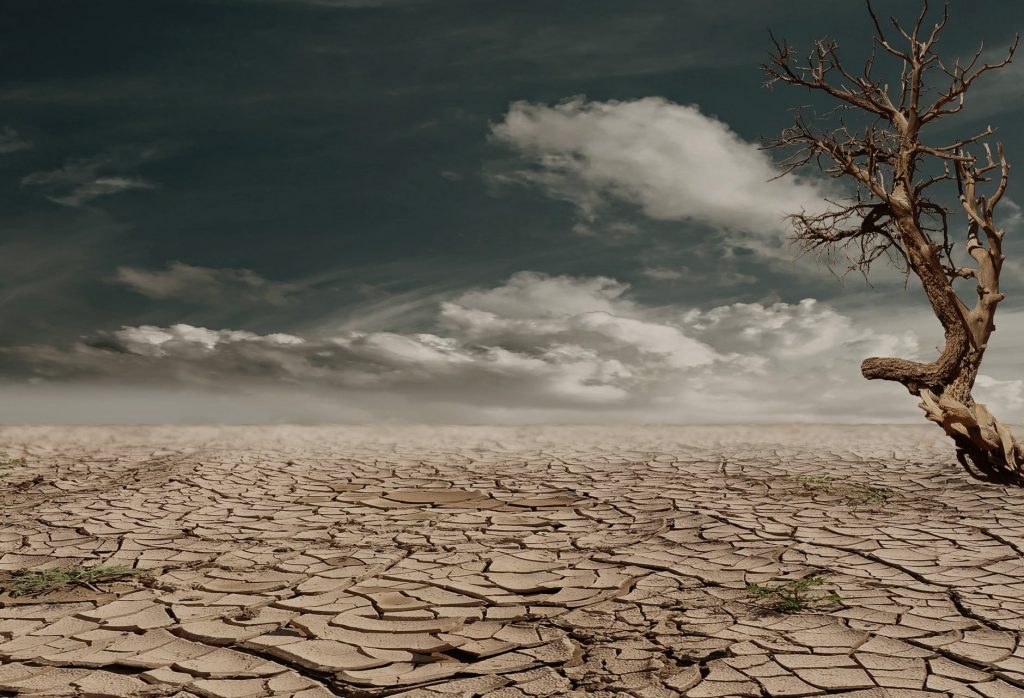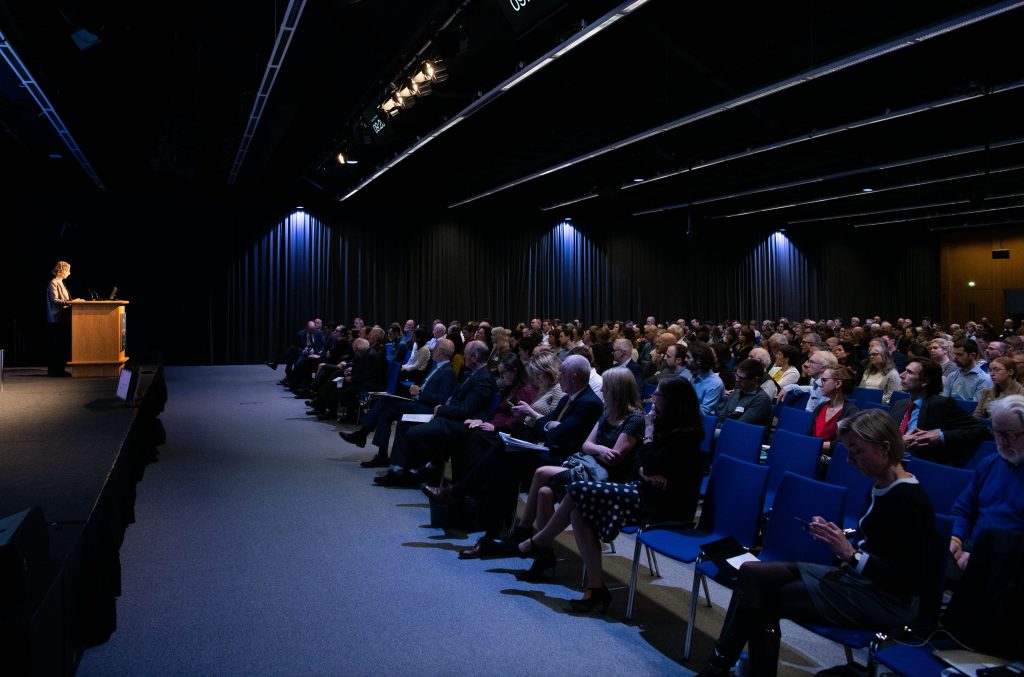If we get biodiversity right, ‘everything else will follow’

February 21st, 2019
If we get biodiversity protection right, we will also address issues in food production, healthcare, the economy and climate change, one of the world’s leading conservationists told the National Biodiversity Conference today.
Inger Andersen, director general of the International Union for Conservation of Nature (IUCN) said that she was optimistic that, as the driver of the “the Earth’s sixth mass extinction”, we can also “change all of this”.
She said that we have the evidence that “conservation works” and the knowledge needed to take action. Working with nature to conserve biodiversity will help to address many of humanity’s greatest challenges, such as putting an end to hunger, poverty, and inequality, she added.
By conserving soil biodiversity, Ms Anderson said, we could help halt desertification. Protection of rainforests, mangroves and seagrass meadows, she added, will also protect us from the worst effects of climate change.
“Together, these ecosystems form a web that sustains all life on earth, including ours. Everyone truly has one thing that they can do for nature. Because nature does everything for us,” she added.
If we get biodiversity right, she added, we can provide “decent work and prosperity” for communities around the world, bring food and water security and take a “major step” towards ensuring Indigenous peoples’ rights.

Desert Drought Photo: Pixabay
Unabated biodiversity decline
Yet, despite the setting of international biodiversity targets to help achieve these lofty aims over the past decades, loss of biodiversity has continued “unabatedly”, Ms Anderson warned.
The failure largely rests with the fact that the Biodiversity Convention has remained in the domain of conservationists and “known to some well-informed environment ministers, but not mainstreamed in our societies”.
Ms Andersen said that human society has “taken nature for granted”, assuming that “season will follow season”, that fields will be “pollinated and yield bountiful harvests” and that the soil will be fertile ad infinitum.
“We assume that this very fine web of life on which our very existence depends will remain unaltered even as we carelessly pave over, extract, emit, cause effluents, fragment and exterminate,” she said.
She outlined five messages to help preserve biodiversity, the key one of which is quite simple she said – “that biodiversity is critical for human existence”.
As we destroy biodiversity, Ms Anderson said, we not only loose species but also the “very foundation of our existence” as biodiversity – in particular pollinators – is so important for our food production system.
Earlier this month, a paper in Biological Conservation found that there are rapid rates of decline in insect populations worldwide. Up to 40 per cent of insect species, including species of bees and butterflies, may be extinct in the coming decades, the study warned.
Bees pollinate over 80 per cent of flowering plants, including many of the crops we rely on for food. As a result, bees are estimated to contribute over $200 billion to the world economy every year. In Ireland alone, bees are worth €53m a year to the economy.
Biodiversity has a much wider and “often underappreciated” role in our economic wellbeing, Mr Anderson added, pointing to the role that healthy coral reef ecosystems play in supporting over 500 million people through fisheries and income from tourism.
“In 2015, Ireland’s 5th report to the Biodiversity Convention highlights that the value of the contribution that ecosystems’ make to the economy can be estimated at around €2.6bn per year,” Ms Anderson said.

National Biodiversity Conference Photo: NMS Photo Unit
Health and nature
Biodiversity also secures our health, she said, with exposure to nature helping to reduce stress, enhance children’s cognitive development, and reduce cardiovascular disease through the likes of hiking.
Access to nature also gives our scientists access to the world’s largest pharmacy, she said, with over 60 per cent of all novel active substances for treating disease approved between 1981-2002 derived from natural biological sources such as plants, fungi and bacteria.
“Endanger biodiversity, and we threaten our food, our health, our jobs, our economy and our peace. Lose biodiversity and we lose our peace. We lose our joy. We lose our humanity. We lose ourselves,” she said.
“Our message needs to resonate beyond the conservation community; we need to shift financial and policy incentives so that all citizens, including farmers and landowners, communities and cities will reap real benefits from biodiversity positive actions”.
Yesterday evening it was announced that Ms Anderson was elected executive director of the UN Environment Programme.
Ms Anderson has more than 30 years of experience in international development economics, environmental sustainability and policy-making, and has held various leadership positions at the World Bank and the UN.
[x_author title=”About the Author”]







